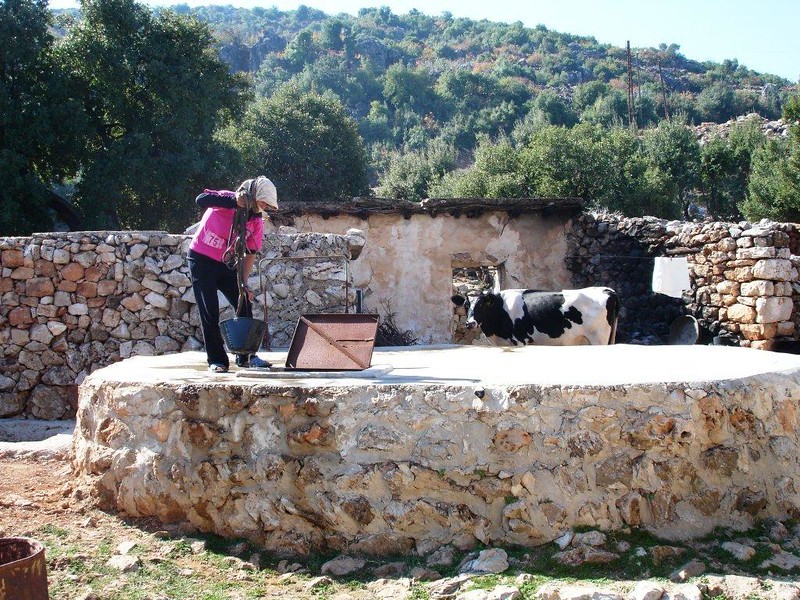Access To Clean Water in Syria

Since the beginning of the 2011 war in Syria, Syrians have been suffering from a severe humanitarian crisis. It has meant an increase in poverty and has left millions of Syrians unable to access safe, clean, potable water. To put this into perspective, prior to 2010, more than 90% of people in both cities and rural communities in Syria had reliable access to safe water.
Unclean Water and Increasing Levels of Poverty
According to UNICEF, 90% of Syrians live below the poverty line, leaving millions unable to provide for their families, all worsened by over a decade of deprivation of stable water systems. Equally, damage from the war has rendered only 50% of water and sanitation systems now functioning properly across Syria. UNICEF claims that almost 8 million Syrians are in acute need of water, sanitation and hygiene (WASH) services.
Moreover, continuous deprivation of water stations has left many having to rely on water tank deliveries or dirty water from wells which in many cases has led to infections of Cholera, which worsens the situation for many. For instance, many mothers have to rely on dirty water due to lack of clean water access in Syria which has led to an increase in waterborne diseases in children like diarrhea.
Water as a Political Weapon
Throughout the war in Syria, some have used water as a political weapon. Since 2019, Turkey has been accused of deliberately cutting off water supplies to more than 1 million people more than 40 times in the region of Hasakah in northeastern Syria. More recently, Turkey was again accused of cutting off water supplies to the Hasakah region. Many accuse Turkey of committing crimes against humanity as the Alouk water station in Hasakah has not been operational for the past 10 months, causing severe water shortages for some 500,000 people.
Solutions and Humanitarian Efforts
UNICEF has continued to invest in preventive measures to curb the spread of cholera and alleviate its harmful impact on the vulnerable communities affected. Measures include widening the scale of chlorination to disinfect water and the arrival of clean water trucks in affected areas, particularly Northern Syria. In addition, UNICEF has further intervened in Hasakah, meditating with Turkey on the issue and reached an agreement for Turkey to provide water.
Oxfam’s work inside Syria focuses on providing vulnerable families with cash to meet their urgent needs and provision of clean water through repairing water sources and rehabilitation of water infrastructure.
There have been several other humanitarian aid efforts to improve water systems inside Syria including UNICEF’s WASH projects which aim to provide safe and clean water for millions of Syrians. For example, UNICEF reached 2.1 million people with improved and sustained access to safe water and almost 700,000 people through enhanced sanitation services. Moreover, the distribution of WASH non-food items (NFIs), including family hygiene kits, soap and aqua tabs, reached more than 826,000 people.
Looking Forward
These types of projects provide hope for the future, however, additional funding is necessary for NGOs like UNICEF and Oxfam in order to provide better living conditions for those in Syria who suffer from water shortages, cholera and poverty.
Limited access to clean water means many miss out on career opportunities and feel the effects of poverty on a larger scale. For access to clean water in Syria and to make alleviation of poverty widespread, there is a greater need for operations to reach all 14 governorates of Syria and ensure it is the priority of international organizations to help support access to clean water in Syria.
– Amber Hamed
Photo: Flickr
